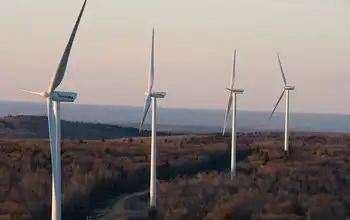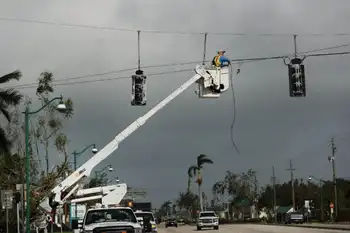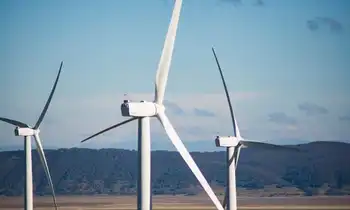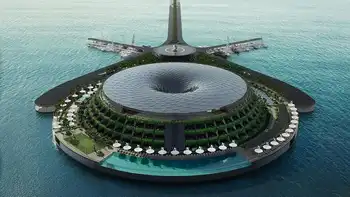Land acquisition approved for nuclear plant
HARIPUR, INDIA - Despite objections to the project, land acquisition for India's nuclear power plant, which is to be at Haripur in the East Midnapore district of West Bengal, will begin in 18 months, following the completion of an Environmental Impact Assessment and geotechnical land surveys.
Speaking at the Variable Electron and Cyclotron Centre at Kolkata, the Chairman of India's Atomic Energy Commission, Dr. Srikumar Banerjee, said: "Haripur is not the only place where resistance was faced to set up a nuclear power plant, but such opposition was also being faced in other parts of the country like Maharashtra. Haripur is one of the five coastal sites selected by the centre for setting up a Nuclear Energy Park."
Although no deadline for the project has been set by the central government, Srikumar Banerjee indicated that construction for the project is expected to begin after two years, and that the plant would commence operation within six years following the beginning of construction.
India's Department of Atomic Energy DAE, which incorporates the Atomic Energy Commission, has targeted about 650 hectares of land at Haripur, in eastern India, for the proposed plant, which is expected to have a generating capacity of a massive 10,000 megawatts MW, to be built in 2,000-MW phases.
In March this year, the DAE released a press statement that confirmed that India and Russia had reached an agreement about the construction of Russia-designed nuclear reactors in India.
Under the agreement, Russia-designed reactors will be constructed as units 3 and 4 at the Kudankulam nuclear power plant, in the Tirunelveli district of the southern Indian state of Tamil Nadu. In addition units 5 and 6, also of Russian design, will be constructed at Kudankulam. The agreement also covered the construction of the two Russia-designed reactors to be built at Haripur. All reactors are planned for construction during the Indian government's 12th Five-Year Plan 2012-17. In March this year, the Indian nuclear generating installed capacity reached 4,560 MW from a total of 19 reactors, when Unit 6 of the Rajasthan Atomic Power Station RAPS began commercial operations. This followed closely after the commissioning of RAPS Unit 5 in February this year, and brings the total installed capacity at RAPS up to 1,180 MW. Construction of two more reactors — RAPS 7 and 8, each with 700-MW capacity — also has begun at the Rajasthan plant.
According to Srikumar Banerjee, India "will be able to generate about 40,000 MW of nuclear energy, using both indigenous and nuclear fuel, by 2020."
Related News

TransAlta brings online 119 MW of wind power in US
CALGARY - TransAlta Renewables Inc says two US wind farms, with a total capacity of 119 MW and operated by its parent TransAlta Corp, became operational in December.
The 90-MW Big Level wind park in Pennsylvania started commercial operation on December 19. It sells power to technology giant Microsoft Corporation under a 15-year contract.
The 29-MW Antrim wind facility in New Hampshire is operational since December 24. It is selling power under 20-year contracts with Boston-based non-profit hospital and physicians network Partners Healthcare and New Hampshire Electric Co-op.
The Canadian renewable power producer, which has economic interest in the two wind parks, said…




